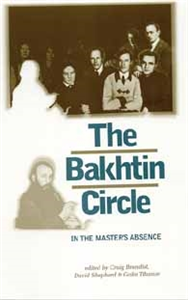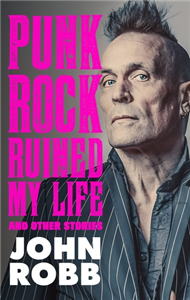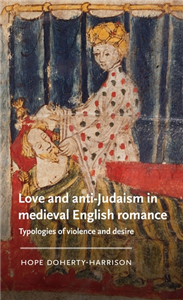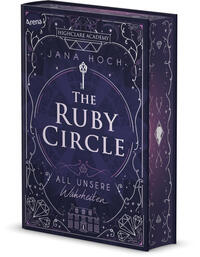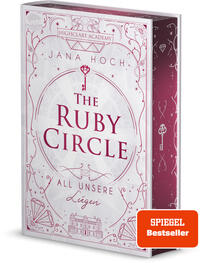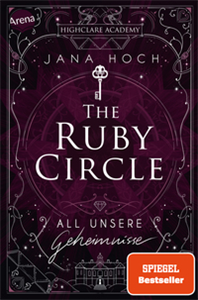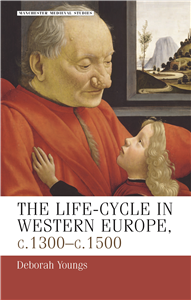Evernade Creative Circle
An Alliance of Dream Weavers First comes the dreams. And then we take out our pens and notebooks and weave those dreams into medias that we can see, hear and even enjoy. The realities in our minds become realities in other people's too. Initiated by Andry Chang, author and creator of Everna Saga, Adilaga and Martial Worlds, we collaborate with illustrators, game developers and many creators in the intellectual property industry. And our orientation is always global. Our current intellectual property brands in developent are: - Everna Saga - Adilaga (part of Martial World) Everyone can be Evernade.Evernade is everyone,everywhere,everything.
View Rights Portal






